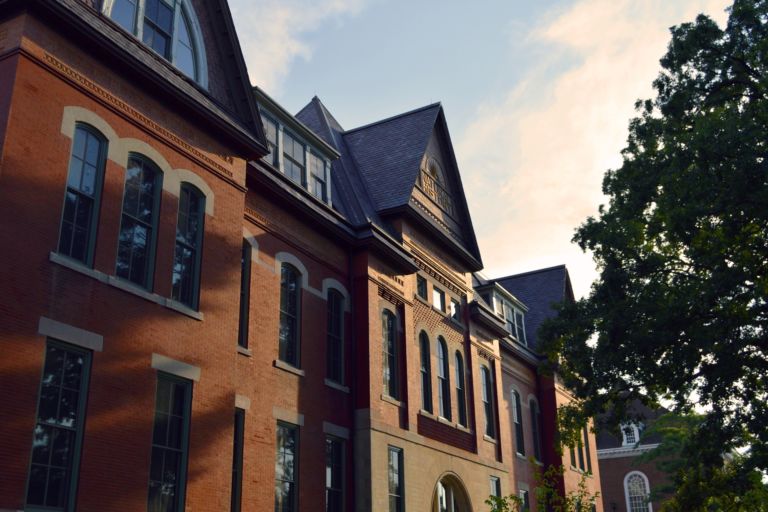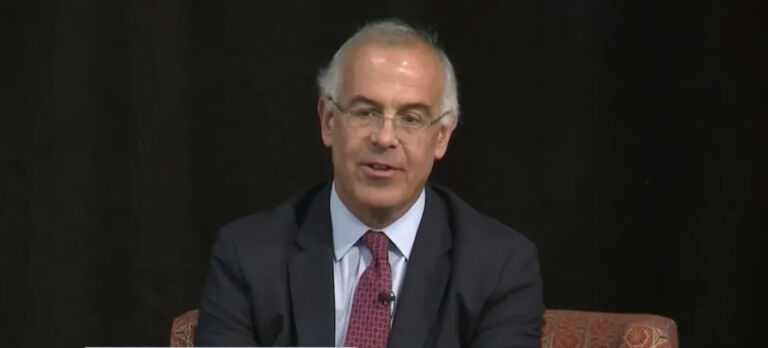Jay Nordlinger of National Review Online explores politicians’ use of the words “people” and “elite.”
[W]ho are the people? Some people? My people? In a speech last year, Senator Josh Hawley (R., Mo.) said, “We can have a republic where the people rule, or we can have an oligarchy where Big Tech and the liberals rule.” But people who work in technology and liberals: Are they not people, too? Just not the right kind of people?
In my experience, people who say “the people” mean “people I agree with.” “People I like.” This is akin to “real Americans,” who live in “real America,” as opposed to the false Americans, who live in false America. And the people who are our people — the people — are definitely not . . . “elites.” Those cocktail-sippin’ enemies of the people.
Last month, George F. Will and Karl Rove spoke at a forum on “the future of conservatism.” Both had criticisms of the Heritage Foundation, the think tank in D.C. The foundation’s president, Kevin Roberts, responded on Twitter, calling Will and Rove “two elitists.” “The chattering class thinks the peasants need to pipe down,” he said.
I thought of Pat Buchanan and his presidential runs of the 1990s. “Peasants with pitchforks,” he called his supporters. Roberts was a volunteer on the ’92 Buchanan campaign, as he discussed in a speech last September to a “national conservatism” conference. “You might say that my people knew what time it was in America before most even knew the clock was ticking.”
At the end of last month, Roberts was giving a speech in Budapest, adoptive capital of populists far and wide. Over and over, he scored the “elites”: “an entitled cabal of globalist elites,” etc. Hungary has its own elites — and its own oligarchs — another interesting subject.
Again, I will speak from my own experience: When someone calls you an “elitist,” he often means, “I hate you. Your politics are different from mine, and I resent it, and — to repeat — I hate you.”


